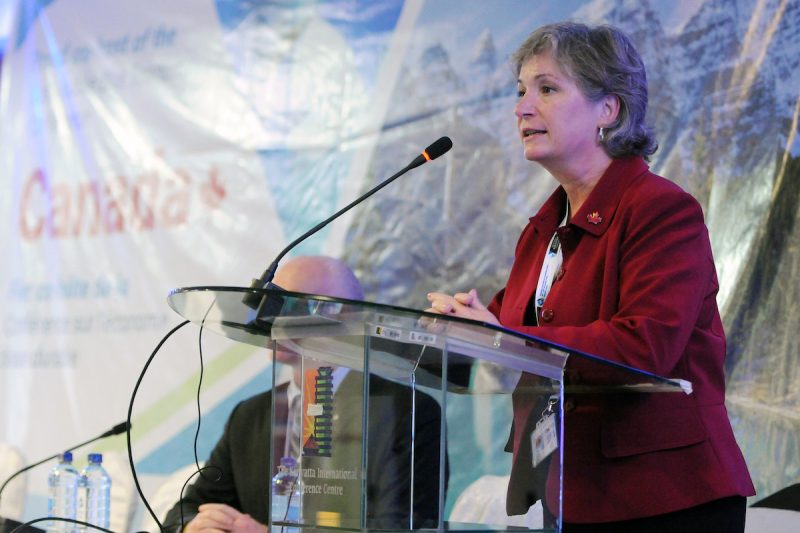Canada embraces aquaculture globally while choking it at home
Why are we funding sustainable aquaculture initiatives overseas while trying to kill it in British Columbia?
Commentary
By Fabian Dawson
SeaWestNews
Aquaculture is a cornerstone of the Blue Economy, which Canada has embraced.
Our government has pledged tens of millions of dollars for sustainable growth that will build resilient coastal communities to underline its determination to be a leader in the global Blue Economy.
Last week, Lisa Stadelbauer, Canadian High Commissioner in Kenya launched a programme to support Kenyan youth venture into the Blue Economy.
”The aim is to put into the children’s mind what blue economy means, that it’s not just about wave science, ocean science, shipping. It is tourism and it is aquaculture and all those things and how they can get all those skills if they need to get jobs,” she said.
This, after Canada co-hosted with the Kenyan government the Sustainable Blue Economy Conference in Nairobi, which brought together 17,000 delegates from 162 countries.
“Canada believes it has strengths in areas such as oceans science, waste infrastructure, clean fisheries and aquaculture technologies and investment capital. We are keen to work with all for the betterment of our environment and our economy,” Jonathan Wilkinson, the former Minister of Fisheries, told the conference.
It’s good to see the Canadian commitments being realised to better the lot of Kenyan youth in the Blue Economy.
But why are we helping nations, like Kenya, build their aquaculture potential, while at the same time pledging to kill the sustainable salmon farming industry in British Columbia.
It seems the Trudeau-led Liberals believe that farming the oceans is okay in foreign shores but not here in B.C.
They are willing to send your tax dollars overseas for global recognition while at the same time pledging to shutdown B.C.’s salmon farming industry and throwing 7,000 British Columbians out of work.
They have abandoned commitments for a science-based approach to aquaculture in B.C. that will support a healthy ocean, good jobs, and economic prosperity on our coasts.
They continue to ignore warnings that their pledge to move all ocean-based farms to land based systems, will have significant adverse environmental impacts and devastate rural coastal communities.
Experts and scientists have characterised the pledge as “nonsense”, “reckless”, “destructive” and “careless”.
But bowing to the science-deficit apocalyptic hyperbole of a few, loud urban professional activists, the Trudeau administration has replaced ‘proof’ with ‘precaution’ despite there being no credible scientific evidence to show that fish farms are causing wild salmon declines.
Here is a note from three young salmon farmers in B.C. about the Liberal party pledge;
“As salmon farmers in our 20s and early 30s, we have all just started careers in aquaculture we expected to last decades, drawn to the field because it offered honest work doing something important; feeding people while caring for the environment. A career in aquaculture offered opportunities for growth and promotion, with wages we could live well on. We’ve all invested money and time in our post-secondary educations and learning the ropes of the aquaculture industry.
Now…we may need to walk away from all that, we will have to leave our careers, our communities, and sometimes our families, to start over again.
What saddens us most is that the Liberal position is not based on any science or fact but appears to be nothing but a way to generate votes in big city ridings, where the voices of well-funded anti-farming organizations who care nothing for facts, carry weight.
If you are going to throw away our jobs, shouldn’t that be based on science and fact rather than getting re-elected?”
Canada’s aim to be a global champion of the Blue Economy revolves around providing sustainable opportunities for young women and men.
Perhaps we could also do the same for our young women and men in B.C.’s aquaculture industry.
(Image shows Lisa Stadelbauer, Canadian High Commissioner in Kenya speaking at the Blue Economy conference in Nairobi)

